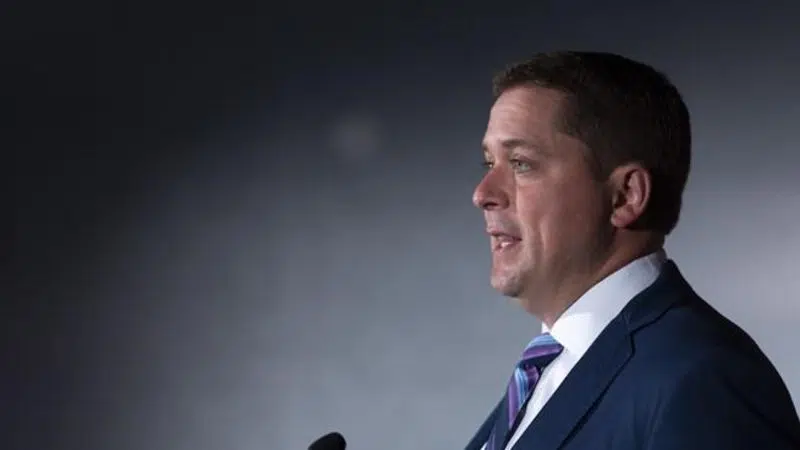
SNC-Lavalin controversy tails PM to Quebec, where affair has different impact
OTTAWA — Questions about the SNC-Lavalin affair Monday trailed Justin Trudeau to Quebec — the seat-rich province at the centre of the controversy, and a place where the prime minister could conceivably limit the damage.
A stinging report last week by federal ethics commissioner Mario Dion concluded that Trudeau violated the Conflict of Interest Act by improperly pressuring former attorney general Jody Wilson-Raybould to stop a criminal prosecution of SNC-Lavalin, a Quebec engineering and construction giant, on corruption charges.
Polls have suggested that Trudeau’s popularity took a big hit after the SNC-Lavalin affair erupted last winter.
But in Quebec — critical to Liberal re-election hopes in October— the matter appears to have been met with less outrage than other parts of Canada. If true, it could be a key factor for the Liberals, which hold 40 of the province’s 78 seats and hope to capture more in October.


